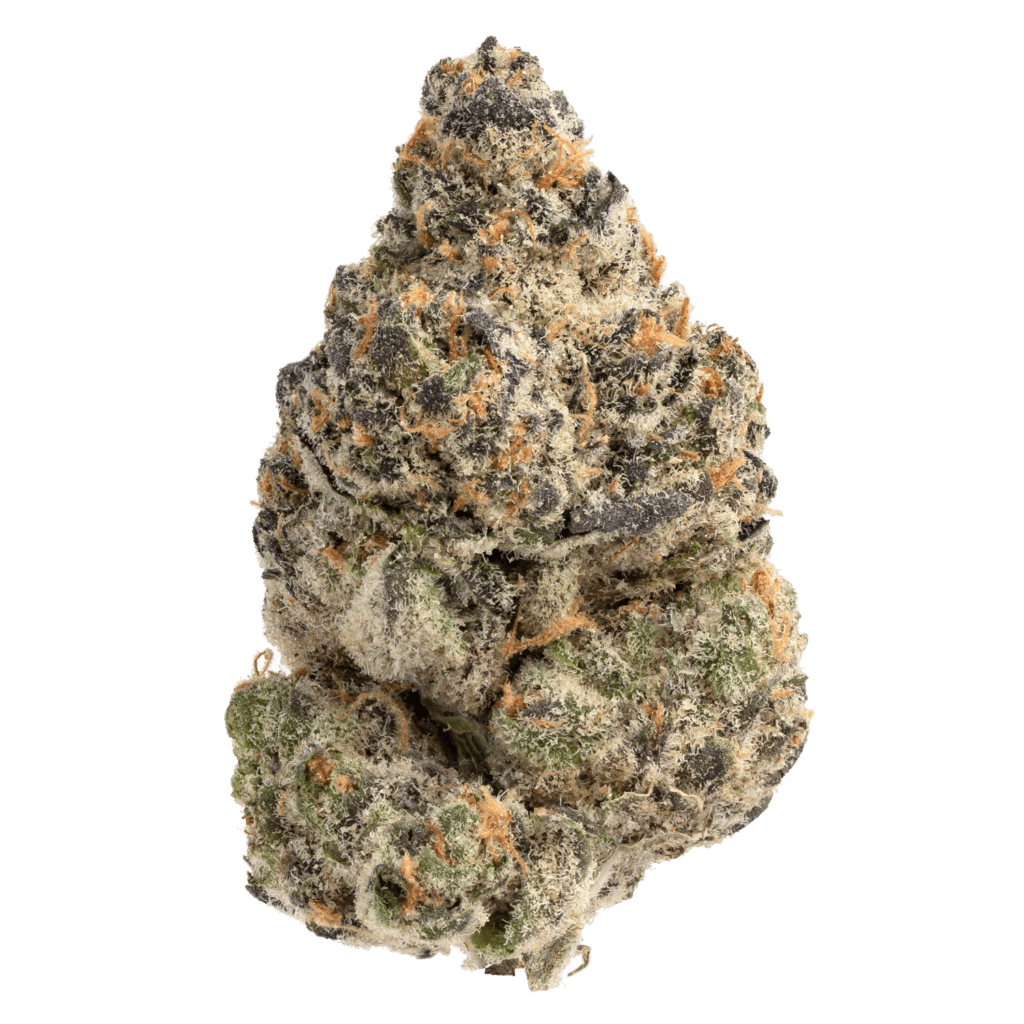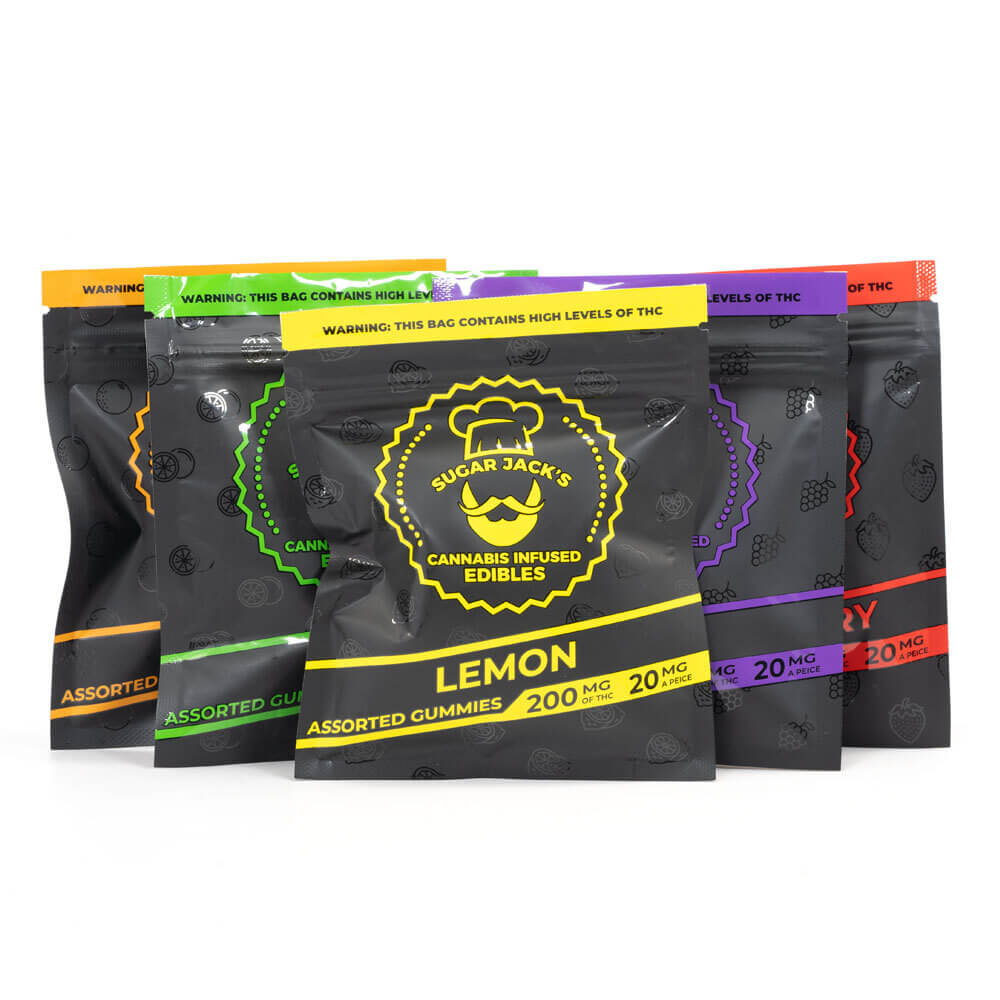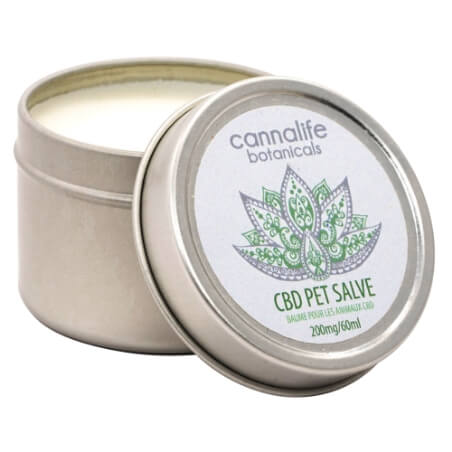No products in the cart.
What to Do if Your Pet Eats Weed: A Guide
21 Aug 2023

As the legalization of marijuana continues to expand across many states, a concerning trend has emerged. An increase in marijuana intoxication cases among our furry companions. While dogs are often the culprits in sneaking a snack they shouldn’t have, it’s important to remember that marijuana can be toxic for any household pet. If you find yourself in a situation where your pet eats weed, it’s crucial to know how to handle the situation promptly and effectively.
In this comprehensive guide, we will discuss the symptoms of marijuana ingestion, steps to take when you suspect your pet has consumed weed, and the appropriate treatment options.
Understanding Marijuana Toxicity in Pets
Marijuana contains a psychoactive compound called THC (tetrahydrocannabinol), which is responsible for the “high” that humans experience. Dogs, in particular, have a higher number of cannabinoid receptors in their brains compared to humans, making them more susceptible to the toxic effects of THC. While marijuana flowers typically contain less than 10% THC, edibles and concentrated forms can have much higher concentrations, ranging up to 90% THC. This makes edibles and concentrated products more toxic to pets, especially when they contain ingredients like chocolate and butter, which can be harmful to dogs but are safe for human consumption.
Recognizing the Signs of Marijuana Ingestion
If you suspect that your pet eats weed, it’s important to remain calm and observe their behavior closely. Signs of marijuana ingestion in pets may include:
- Poor coordination and lack of control over limbs
- Sensitivity to light and loud noises
- Abnormal heart rate
- Urinating on themselves
- Abnormal body temperature (either low or high)
In more severe cases, dogs may experience vomiting, urine retention, irregular heartbeat, tremors, seizures, or even enter a comatose state. It’s important to note that the onset of symptoms may vary depending on the THC content and the size of your pet, typically appearing within 30-90 minutes after ingestion but sometimes taking a few hours.

Immediate Steps to Take if Your Pet Eats Weed
- Stay calm: It’s crucial to remain composed and focused on helping your pet.
- Remove any access: If there’s still marijuana or edibles within reach, remove them immediately to prevent further ingestion.
- Contact your veterinarian: Reach out to your veterinarian or an animal poison control hotline to seek professional guidance on the next steps. They will provide specific instructions based on your pet’s condition and the amount ingested.
- Do not induce vomiting at home: While inducing vomiting may seem like a logical solution, it can potentially worsen the situation or cause additional medical issues for your pet. It’s best to follow the guidance of a veterinary professional.
- Provide information to your veterinarian: When you arrive at the veterinary clinic, be transparent with your veterinarian about the situation. They are there to help and prioritize your pet’s well-being, not to report you to law enforcement.
Seeking Veterinary Care for Your Pet
Upon arrival at the veterinary clinic, your veterinarian will assess your pet’s condition and determine the appropriate course of action. It’s important to provide them with as much information as possible, including the potential amount of weed and any observed symptoms. This information will aid in their evaluation and treatment decisions.
Diagnostic Procedures and Treatment Options
To evaluate the level of marijuana intoxication and assess your pet’s overall health, your veterinarian may perform several diagnostic procedures, including blood work and a urinary analysis. In some cases, diagnostic imaging, such as X-rays, may be necessary if your pet has potentially ingested packaging or wrapping materials along with the marijuana.
The treatment options for marijuana intoxication in pets vary depending on the severity of the symptoms and the amount ingested. If caught early, inducing vomiting may be an option to prevent further absorption of THC. However, this should only be done under the guidance of a veterinary professional. Other standard treatment options for marijuana intoxication may include:
- Hospitalization for monitoring: Your pet may need to be hospitalized for 12-24 hours to ensure their safety and receive appropriate care.
- Temperature regulation: Maintaining a stable body temperature is crucial during the recovery process.
- Intravenous fluids: Administering fluids via an IV helps support blood pressure and hydration.
- Cardiovascular support: Medications and interventions may be necessary to stabilize heart rate and rhythm.
- Anti-nausea medication: To alleviate symptoms of nausea and vomiting, your veterinarian may prescribe appropriate medications.
Preventing Marijuana Toxicity in Pets
Prevention is key when it comes to protecting your pets fom eating weed. Here are some essential measures to consider:
- Secure storage: Treat marijuana products like you would any other potentially harmful substance in your home. Store them in a secure container or a locked cabinet, out of your pet’s reach.
- Proper disposal: Dispose of cannabis waste, including edibles, extracts, oils, plant material, and vape pens, in a sealed container and throw it in regular trash to prevent accidental ingestion by pets or wildlife.
- Leashed walks: Keep your dog leashed during walks, especially in areas where people may dispose of marijuana products improperly.
- Educate yourself: Stay informed about the potential risks and symptoms of marijuana intoxication in pets, especially if you have marijuana in your home or frequently encounter it in your environment.
CBD Products and Pet Safety
It’s essential to differentiate between marijuana products and CBD (cannabidiol) products marketed for pets. While marijuana contains significant levels of THC, which is toxic to pets. CBD products typically have minimal or no THC content. However, it’s important to approach CBD pet products with caution and consult with your veterinarian before using them. Some key considerations include:
- Quality control: Ensure that the CBD products you choose for your pet are from reputable manufacturers and undergo rigorous quality testing.
- Accurate dosing: Follow the recommended dosage guidelines provided by the manufacturer or your veterinarian. Overdosing on CBD can still lead to adverse effects.
- Vet consultation: Discuss the use of CBD products with your veterinarian to determine if they are suitable for your pet’s specific needs and conditions.

Conclusion
The increasing prevalence of marijuana legalization has resulted in a rise in marijuana toxicity cases in pets. Recognizing the signs of marijuana ingestion, seeking immediate veterinary care. As well as, following the advice of professionals are crucial steps in ensuring your pet’s well-being. By taking preventive measures, properly storing marijuana products, and staying informed. You can minimize the risk your pets eating weed. Remember, when it comes to your pet’s health, it’s always better to be safe than sorry.





